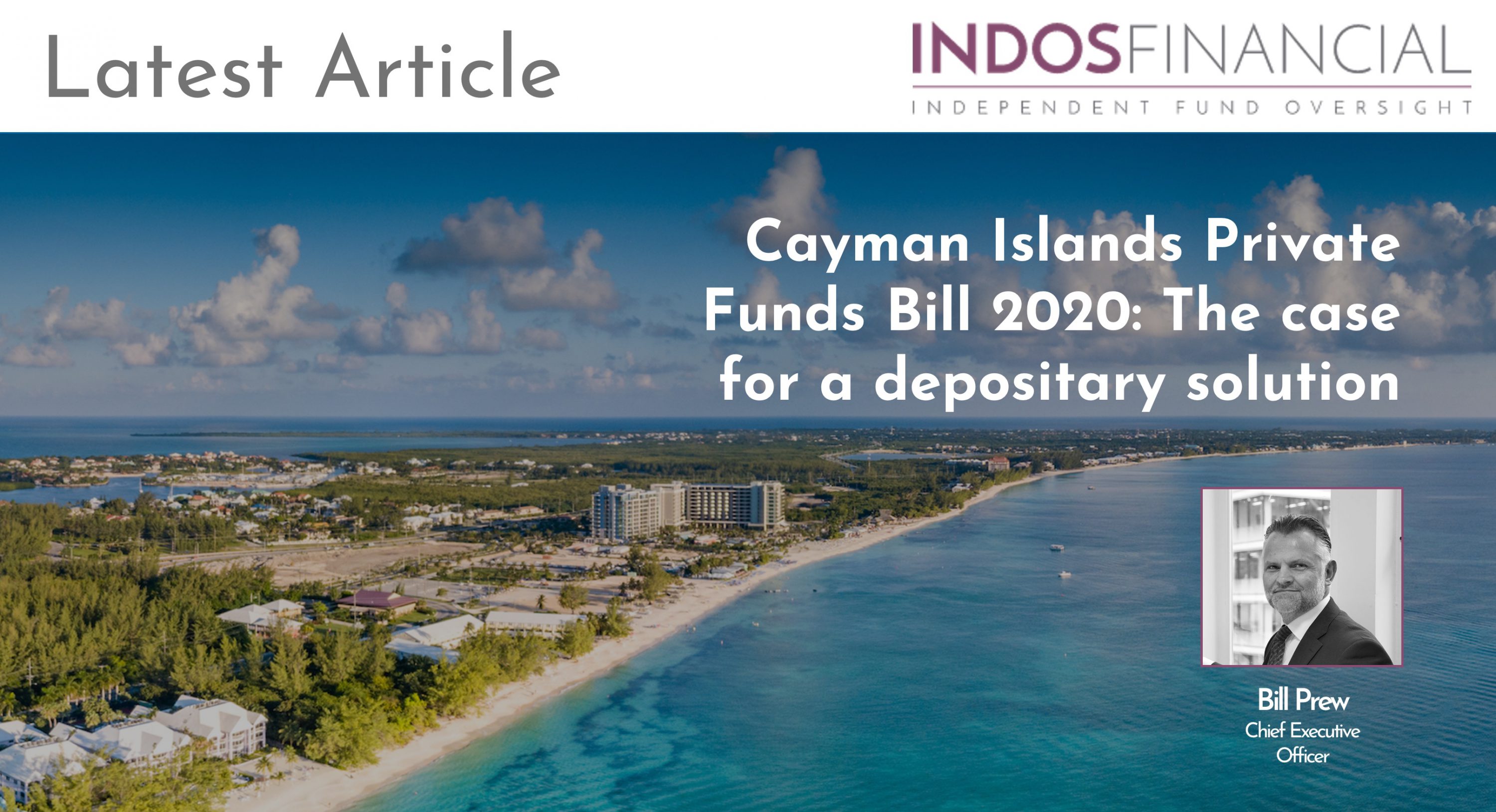The Cayman Islands government recently published a new registration regime for closed-ended investment funds. The move is one of a series of recent regulatory changes to strengthen the Cayman Islands’ reputation as a leading fund domicile and more closely align its rules with developing global governance practices.
While the Cayman Islands has long had a regulatory regime in place requiring open-ended funds such as (among other things) hedge funds to register with the Cayman Islands Monetary Authority (CIMA), closed-ended funds have traditionally been exempt.
The Private Funds Bill, 2020, published on 8 January, is expected to pass into law at the end of this month. It will introduce a number of changes for new and existing private equity, real estate, infrastructure and other types of closed ended investment funds. A large number of funds, the majority of which are managed by US firms, will be impacted.
In addition to requiring existing and new private funds to register with CIMA, the rules state that managers will need to have their accounts audited annually by a CIMA recognised auditor. Furthermore, several other investor protections have been introduced, which borrow heavily from the EU depositary rules that were formalised by the AIFMD (Alternative Investment Fund Managers Directive) in 2014. It is notable that the EU as well as the OECD are understood to have been involved in the review of the new legislation prior to it being published.
The proposals require private funds to implement procedures around appropriate and consistent valuation which must be carried out at least annually; the safe keeping of fund assets including holding custodial assets in custody and verification of ownership and title for other assets such as private equity and real estate investments; and the monitoring of cash flows including the checking of cash accounts and receipt of investor contributions.
These duties may be carried out by the manager or operator of the private fund (subject to functional independence from the investment management role, plus management and disclosure of any conflicts), or a third party such as a depositary or fund administrator.
Managers are advised against implementing a ‘tick the box’ compliance model because the Cayman Islands is under international pressure to ensure its new regulations are being complied with.
No guidance notes have been published yet to clarify the scope of the new requirements. The valuation, asset safekeeping, verification and cash flow monitoring requirements may appear straightforward but, as always, the devil will be in the detail and may dictate the solutions available to managers.
For example, few fund administrators actually perform the valuation or verify ownership and title of private assets. Depositaries, on the other hand, are more suited to performing the functions given their existing remit under AIFMD and can also do so for managers that have not outsourced their fund administration function.
Some non-EU managers operating closed-ended Cayman funds will already be familiar with the depositary requirements if they market their funds in certain EU countries. These managers will attest that the depositary has been able to discharge its duties in a pragmatic and efficient way without significant impact on the manager itself. This is the case irrespective of whether the manager performs fund administration in-house or has outsourced the function.
Depositaries have an extensive track-record of carrying out oversight of fund valuation, cash-flow monitoring and asset verification under the AIFMD. Depositaries could leverage this expertise to support private funds with these incoming CIMA rules. The depositary may also be able to undertake the Cayman Islands’ fund AML (anti-money laundering) officer duties which were introduced in September 2018, in effect providing a one-stop compliance solution.
While depositary was initially viewed as an extra cost, many institutional investors are now very receptive to the model, welcoming the additional layer of oversight, transparency and protection which they deliver. Fund directors also value the reporting they receive from depositaries, as it helps them fulfil their board responsibilities.
While not mandated by the regulations, the decision by private funds to leverage the services of a depositary to help them comply with the new regulation could be an attractive option for managers. Moreover, it would enable managers to demonstrate that they are taking their regulatory obligations seriously.




